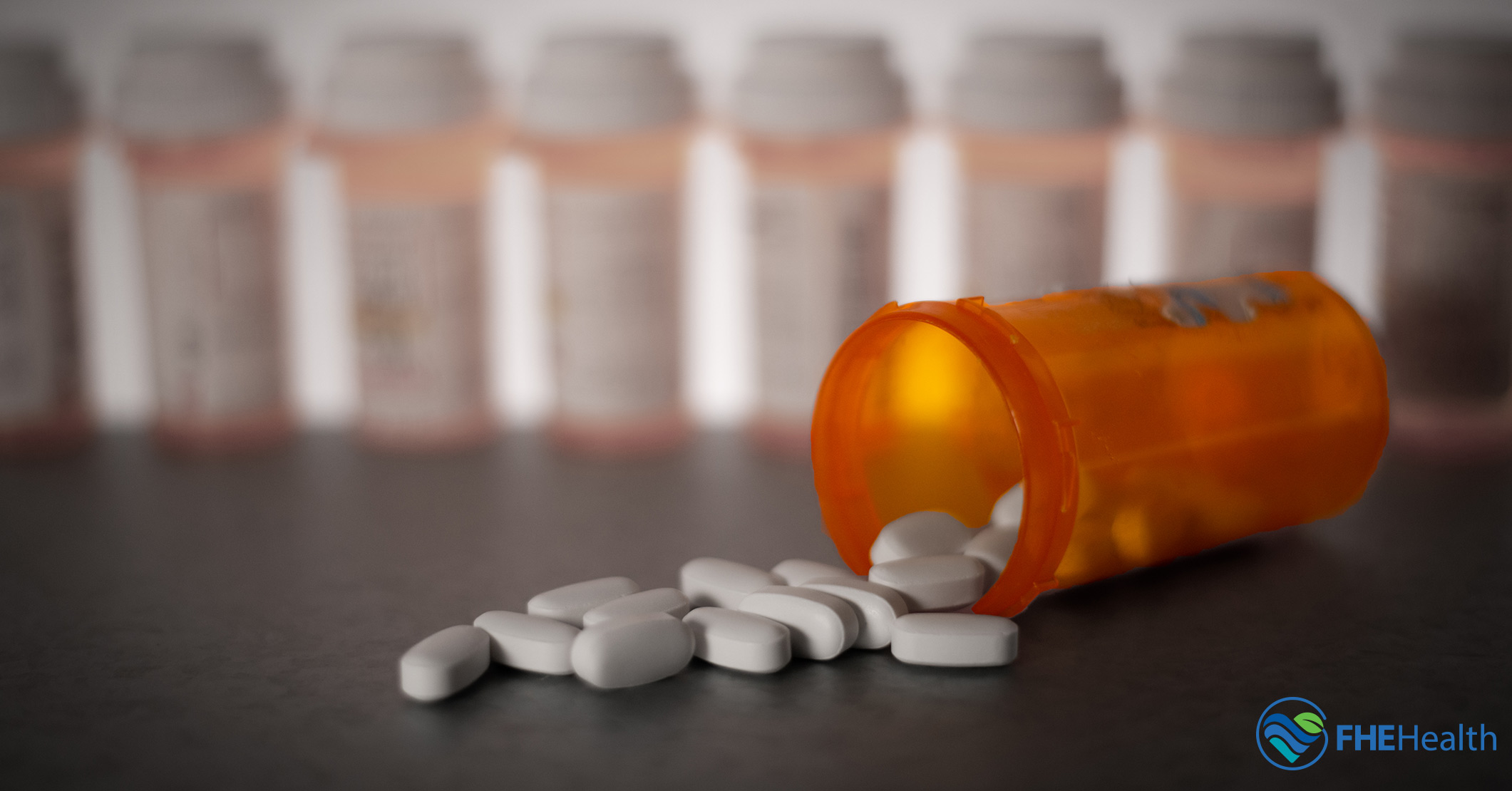
In the United States, the Food and Drug Administration (FDA) approves the use of drugs for specific health conditions. Some drugs, however, can be used “off label,” meaning a doctor prescribes them for a different condition than its originally approved use or at a different dosage.
Prescribing off-label is perfectly legal. A 2019 survey of addiction treatment centers found that 26% of respondents prescribe off-label medicines for substance use disorders. Another earlier study noted that 21% of prescriptions in a group of commonly prescribed medications were for off-label use, meaning the practice is more common than most people might expect.
There are a number of reasons health care professionals engage in the off-label prescribing of certain drugs. Here, we’ll explore the ins and outs of this practice, why it’s so widespread and what it can mean for patient care and treatment.
Understanding Off-Label Drug Use
The truth is that off-label prescribing can be an indispensable part of current medical practice, including treatment for substance use disorders. Sometimes, there just isn’t an FDA-approved drug available to treat a certain condition, or the FDA-approved drug has proven ineffective. The approved drug might interact with other existing prescriptions, or the doctor has evidence that a particular off-label prescription would be beneficial to their patient.
Individuals who suffer from substance use disorders have needs unique to their experience, and off-label prescribing can be part of addiction treatment and therapy. There’s also a range of medicines that have shown success in treating substance abuse in clinical trials but thus far only have FDA approval for other uses. These factors account for a significant amount of the off-label medications prescribed in addiction treatment centers across America.
Sometimes, off-label uses with enough clinical evidence behind them can obtain FDA approval. Other off-label functions can be well-studied and part of routine medical practice. However, not all off-label drug use has a strong foundation — and like all medications, it comes with both potential benefits and risks.
Benefits and Risks of Off-Label Drug Prescriptions
One of the main reasons off-label drug prescriptions are so prevalent is because they usually prove to be safe and effective. Sometimes a drug is prescribed “off label” because it’s in the middle of the FDA approval process but hasn’t yet been formally approved. Other times, it’s a strategic choice — pharmaceutical companies short on resources may decide not to pursue FDA approval for alternative uses of their medications.
But this doesn’t mean off-label prescribing is always safe. When there isn’t a body of evidence to support it, off-label use can come with higher risks. “Innovative” off-label prescribing has been known to go wrong, coasting on fads or unsupported research.
To further complicate things, pharmaceutical companies sometimes advertise off-label uses for their drugs while skirting rules that require them to be backed by independent, high-quality information. In the infamous case of Gabapentin, an anticonvulsant used to treat seizures, the manufacturer paid physicians and researchers to make positive claims about the drug’s off-label uses while falsely implying that those claims were clinically tested. This is the kind of behavior that can, in turn, lead to genuine misunderstandings among doctors about a drug’s FDA approval status for certain applications.
Compared to off-label prescribing as a whole, these potential risks are relatively minor. Still, it’s worthwhile to be aware of the pitfalls when speaking to a health care professional about off-label medications in your treatment program.
Examples of Medications Used Off-Label
There are dozens of drugs that are commonly used off-label. Several of them will appear in treatment for addiction and substance abuse. They include:
- Atypical antipsychotics such as risperidone, olanzapine and quetiapine, used for general treatment of substance use disorders
- Baclofen, a muscle relaxant with proven efficacy in treating addictive disorders and reducing alcohol cravings and consumption
- Citalopram, used specifically for the treatment of both alcoholism and gambling addictions
- Clonidine, a drug approved for treating anxiety, ADHD and high blood pressure but used increasingly as a support for opioid withdrawal and detoxification
- Divalproex, originally approved for treating seizures but increasingly important for alcohol-dependent patients who need safe withdrawal and relapse prevention
- Gabapentin, an anticonvulsant drug that — despite the aforementioned controversy — enjoys an authentic reputation for reducing alcohol cravings and improving abstinence, in particular for patients with impaired livers
- Ondanestron, used to treat nausea and vomiting but also effective in treating early-onset alcoholism and reducing cocaine use
- Topiramate, created to treat seizures and migraines but also effective for treating alcohol, nicotine and cocaine addictions
Addiction treatment centers are responsible for providing their clients with information about all aspects of their treatment, including the potential risks and benefits of off-label prescriptions. It’s important to remember that the experience of addiction and substance use disorders is diverse, and everyone’s needs will be different.
Navigating Off-Label Drug Use Safely and Effectively
Ideally, you and your care team will be able to carefully discuss and consider the possibility of an off-label medication. To avoid side effects or decreasing the efficacy of your treatment, it’s critical to have a “big picture” view of a drug’s interactions with your other prescriptions. You’ll also want to make sure your health care providers have an up-to-date understanding of a drug’s clinical effectiveness to make sure it’s the right fit for you.
If you’re feeling uncertain about a new prescription, talk to your doctor. You can ask whether a suggested drug treatment is on- or off-label, what evidence there is to back it up and how certain they are that it will help. Additionally, if you have insurance, make sure to verify that your prescriptions are covered.
Start Your Recovery Journey
If you’ve been living with an addiction or a substance use disorder, you don’t have to go it alone. Reach out to the compassionate team at Sunlight Recovery to learn more about our medical detox and addiction treatment. Your journey to a brighter future starts here — contact us today.






